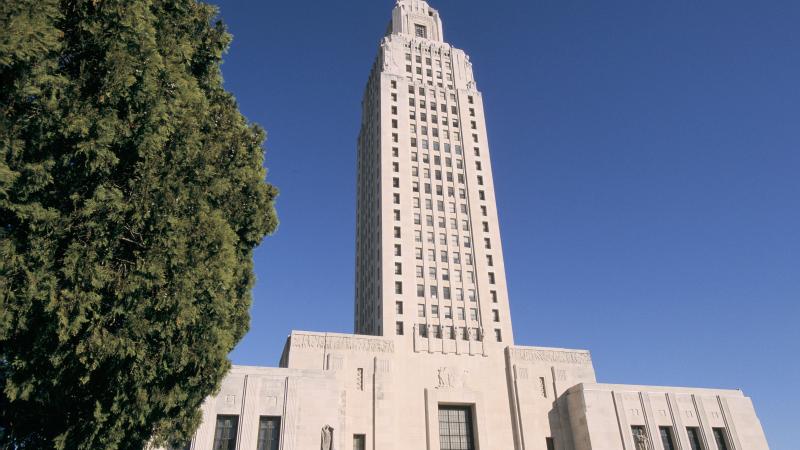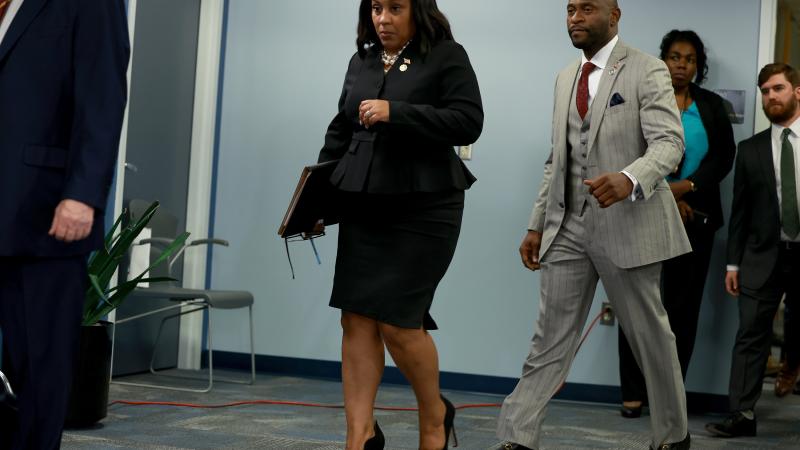Alaska attorney general rules public school funds cannot pay private school tuition
Using public money for to send students to private school is unconstitutional, opinion concludes.
Public school funds can be used for a limited amount of private educational services but cannot be used to pay for full-private school tuition, according to an opinion by the Alaska Department of Law.
The 19-page opinion written by Deputy Attorney General Cori Mills said the use of public funds to pay for Mills calls "discrete" services or materials like tutoring on correspondence courses is "likely" allowed under the state's constitution.
"While the purchase of these services or materials may incidentally benefit the private institutions, the expenditures are likely to be relatively insubstantial and they primarily support district-supervised public correspondence instruction and thus do not implicate the core constitutional concern of using public funds to aid private education," Mills wrote.
But using public money for to send students to private school is unconstitutional, Mills wrote.
"Spending public funds in this manner would appear to violate the plain language of the constitutional prohibition against using public funds to pay for a direct benefit to a private school," Mills said in her opinion. "It would also be contrary to the purpose of the constitutional provision, which was to commit the state to a strong system of public education."
A U.S. Supreme Court ruling that barred Maine officials from prohibiting religious private schools from receiving tuition assistance does not impact Alaska, according to Mills. The ban violated the Free Exercise Clause of the U.S. Constitution, the Court said in a 6-3 opinion issued in June.
'Their interpretations of the Free Exercise Clause do not alter the Alaska Constitution’s direct benefit prohibition, which applies equally to religious and nonreligious schools," Mills wrote. "Moreover, because correspondence allotments are used to purchase services and materials for a student’s public, not private, education, it is unlikely that the Free Exercise Clause invalidates the correspondence allotment statutes’ requirement that purchases be “nonsectarian.”
















